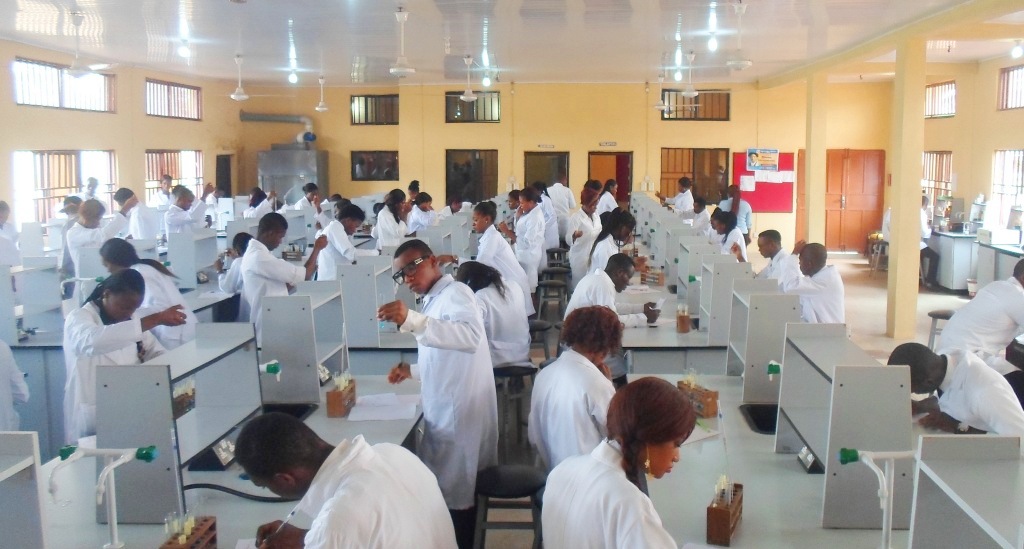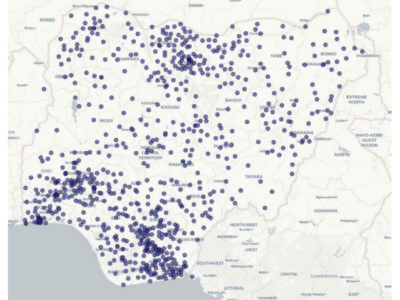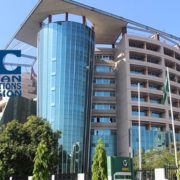By Oluwatobi Opusunju
Stakeholders in the technology and education sectors are doubtful government can fully implement its newly unveiled 2030 Roadmap for Science, Technology and Innovation (STI). Industry analysts say considering Nigeria’s history of abysmal failure to implement frontal policies, the current state of the economy and a somewhat lukewarm attitude to education, science and technology by the current government, it was unlikely Nigeria will make any headway on STI.
READ: https://itedgenews.africa/2018/01/11/nigeria-save-n3-trillion-raw-materials-import-unveils-2030-roadmap-sti/
“Nigeria is still not committed to education or science and innovation. Look at the budget for education, research and innovation. That is less than what a mid-level university in UK will spend on its own science department. There is a disconnect between policy makers, budget makers and the government itself so the 2030 Roadmap is just a mere document. And that is it. Just a fine document,” said Olabisi Adegbenro, an educationist and public commentator in Abeokuta, Ogun State.
The 2030 Roadmap is targeted at mobilizing Nigeria’s intellectual resources for the growth and diversification of the economy, provide incentives for all stakeholders, embrace and engage in science and technology innovation in order to improve science structures intensification and develop skills, deploy and commercialize technologies and improve science literacy engagement processes in Nigeria.
According to the Minister of Science and Technology, Dr. Ogbonaya Onu, the Roadmap if conscientiously implemented would save the nation three trillion naira in five years.
However, for many stakeholders, Onu’s statements are mere political talks. Government in the last 50 years has shown no willpower or demonstrative desire to make STI a national goal as has been the case in India and China. “For years now, government has been launching roadmaps for STI, the country is yet to get anywhere near making sense in its pursuit of its STI goals,” said Lagos based technology analyst Hammed Egunjobi.
Founder of Oakland Polytechnic, Jos, Plateaus State, Godwin Urhie thinks government needs to take a cue from other developing economies to implement its STI as a leeway to grow required capacity among citizens across all sectors. He argued that government approach to education and STI does not reflect the global dynamics as well as the requirements to grow a modern day economy. “If government sees education and STI as fundamental to achieving its desire for economic diversification, then it will invest the required willpower and fund in STI,” said Urhie.





























